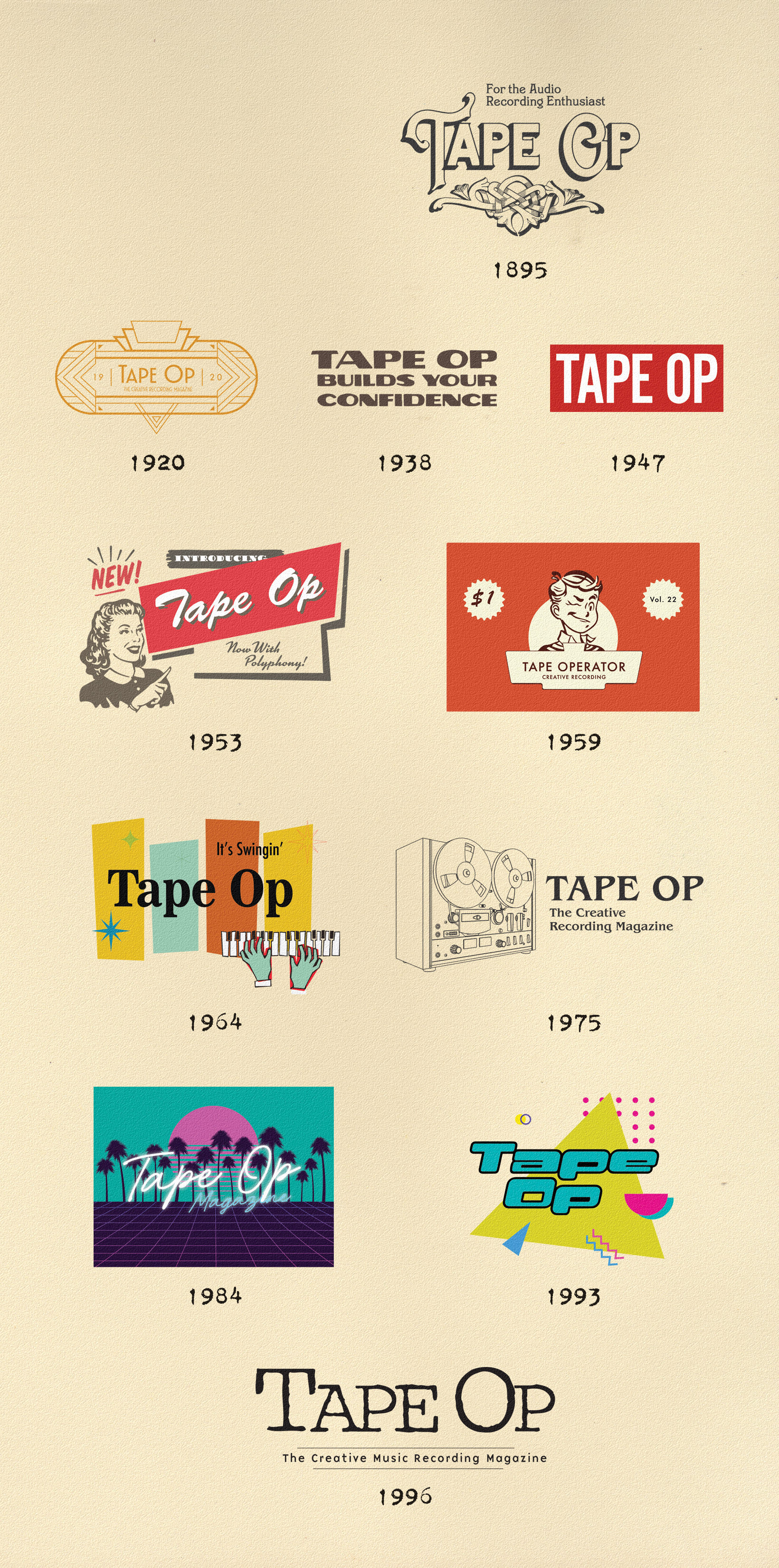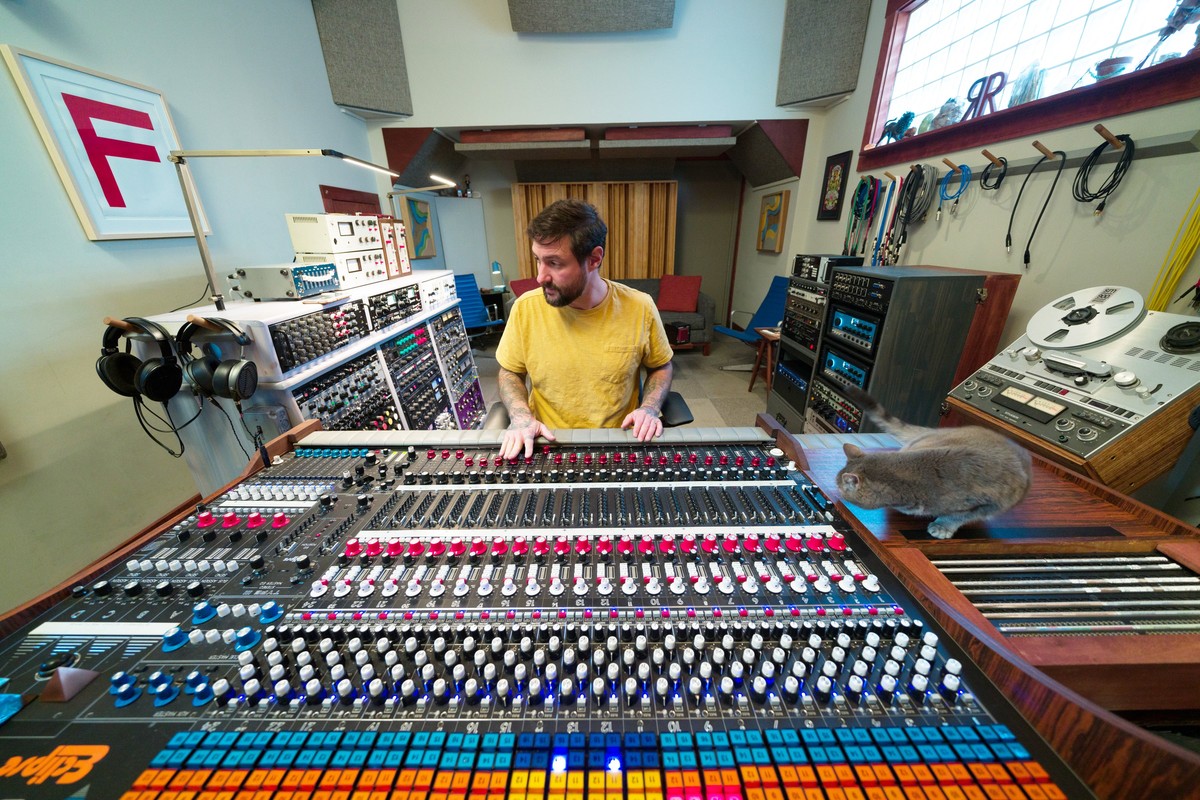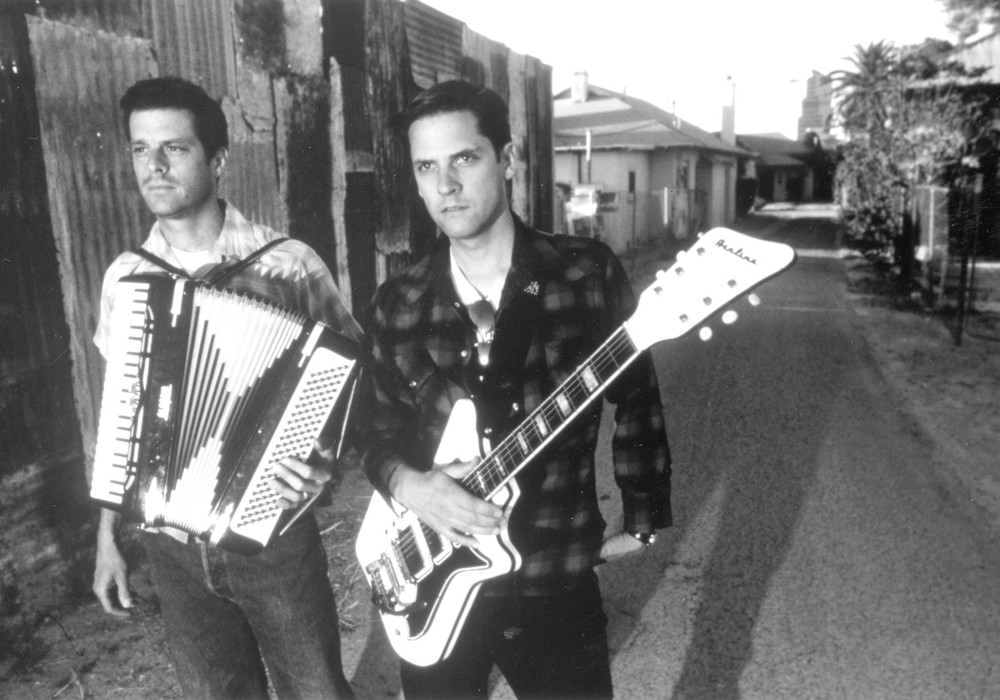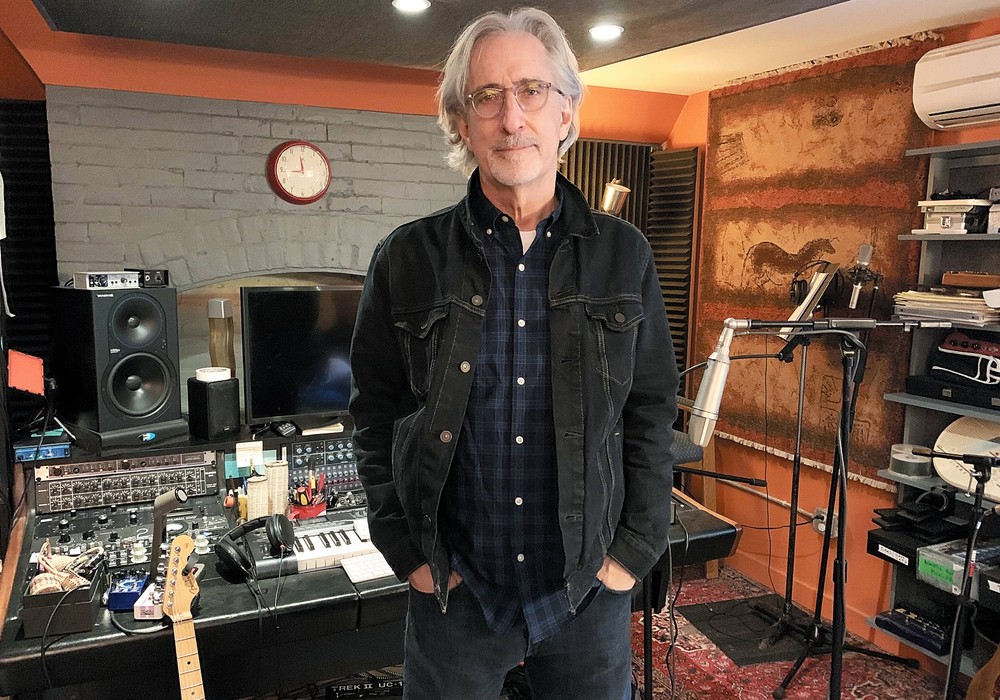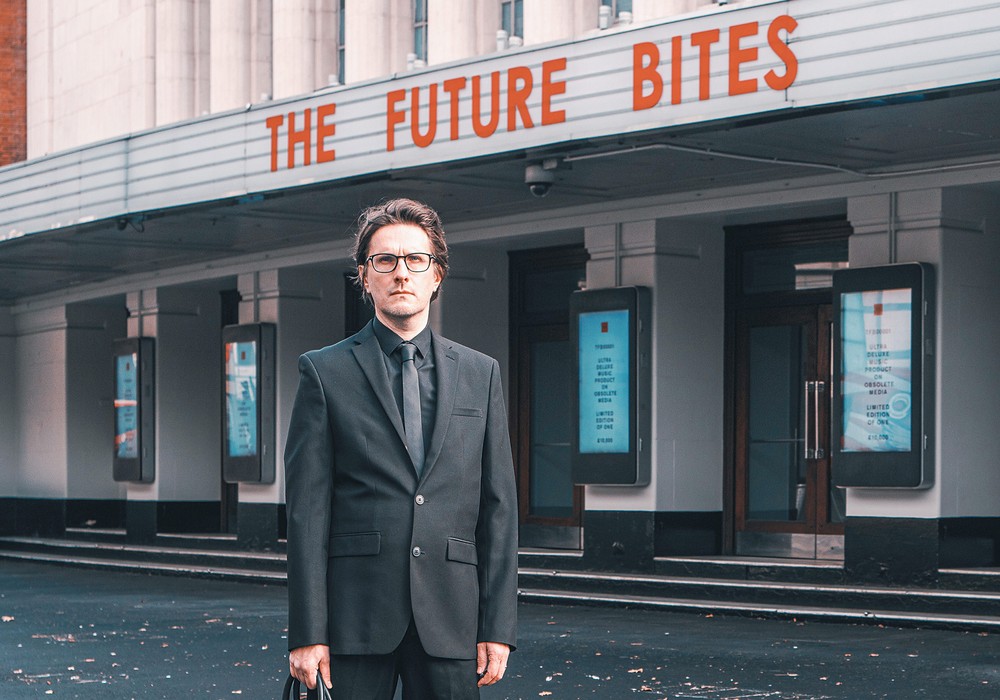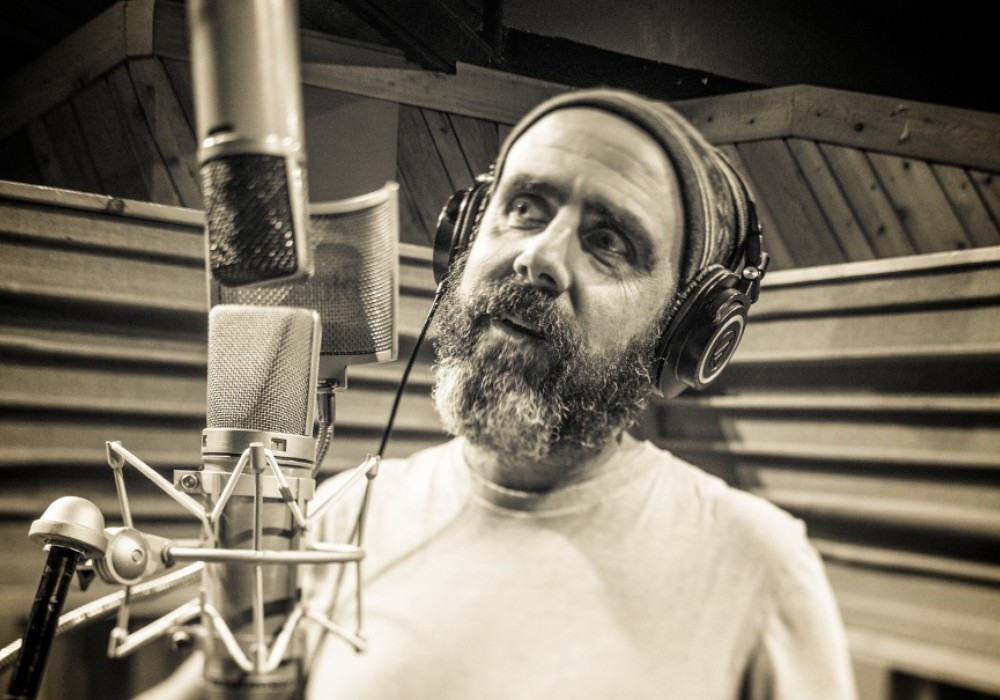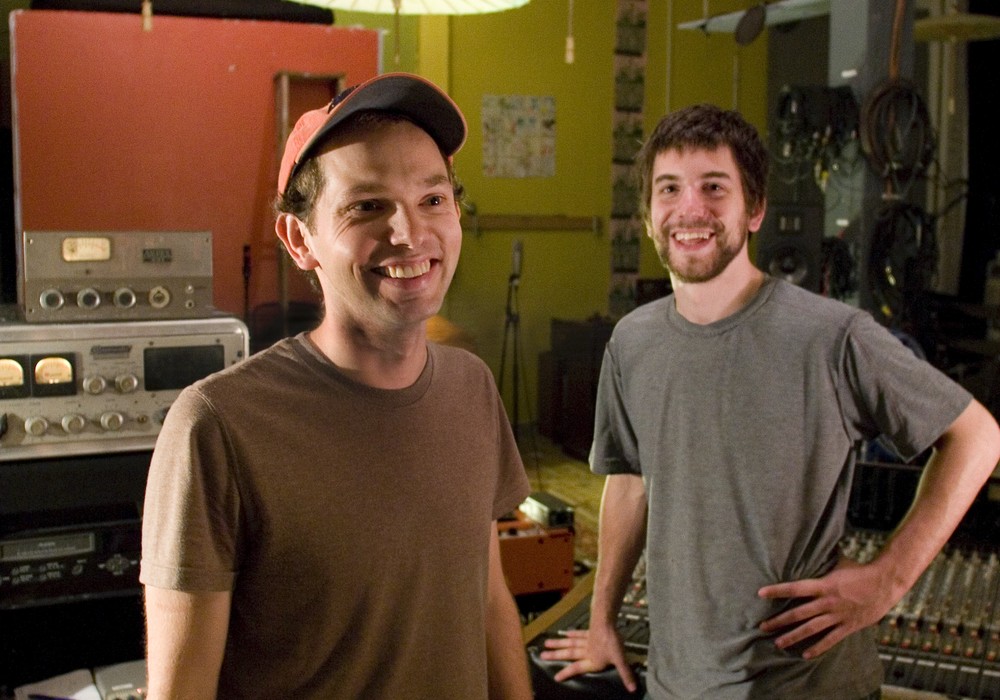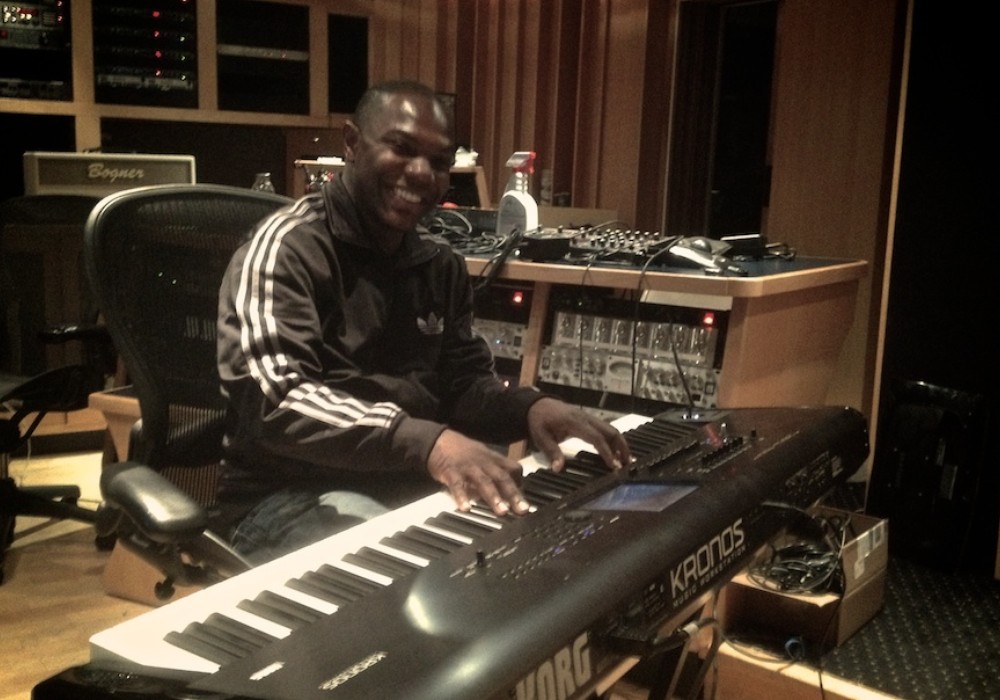Greg: You probably hold the world record for most albums created in the shortest time, at the lowest price. I'd think you'd need some repeatable formula. But your actual work is all over the place!
Everyone loves custom stuff. Skateboards, cabinets. My own console is ridiculously customized. To me, there's nothing more custom than recording someone's project for them! But sometimes bands will say, "I want my drums to sound like this song." I've learned that they usually just want the listener to feel the same thing they feel when they listen to that, which has little to do with the recording. I've had a drummer mic'd perfectly, and another really good drummer plays the same drums, and they sound totally different. So many variables, including the player's mood, go into making something sound the way it does.
Ed: I'm sure there are people who would want a specific sound that a producer's known for, even if they don't have a human connection. But to me, the fascinating part about a recording studio is the social aspect. A lot of people who get into the business don't think about that.
When we get wide-eyed interns staring at all the knobs and buttons in the control room, I tell them the most challenging part of this job is being a psychologist. Meeting a new band, learning all their names, and very quickly deciphering their inner dynamics. "This is the person who's never been in a studio, and they're super nervous. I have to make them comfortable. This is the person who thinks they're great at everything, but they're actually not. This is the person who is going to have a bunch of ideas that no one likes, but if I turn them down they're going to go down a hole and perform terribly." I have to find a way to earn everyone's trust, without offending anyone or putting them on edge. Part of navigating that is not minding if people get mad at me. I can jump in and say, "Hey, man. I'll be honest; you're dragging on the bass." If the singer tells the bass player that, there can be hurt feelings or unnecessary conflict. I firmly believe that achieving camaraderie in the studio is the key to the success of an album, and that the bonds we form through the experience of creating and documenting art directly inform the final product.
G: Is that because you're in Bloomington?
[laughs] There's a Midwestern element to it. I interned at Electrical Audio, and admire the Steve Albini [Tape Op #10, #24, #87] ethos of being there to serve the band, not yourself. It makes sense they'd know best – they've already formed the band, worked out their relationships, and written the songs. At the same time, I'm not an extreme hands-off, none-of-my-business type of engineer. If I hear a bad bass note, I'll be honest and confirm whether or not it's intentional. If possible, I try to get to know the band beforehand with a phone or Zoom call. Some artists are eager for a producer to tell them what to do to make them stars. Damion Schiralli, another engineer/producer at the studio, is great with that. He can play any instrument, in every genre. I don't have that kind of resume. I prefer to work with bands like you guys, that have a specific vision in mind that I can help achieve. If a band doesn't know what they want, and it's my responsibility to turn it into something, I'll start my own band for that.
G: You named your studio after your family's heritage, but Russian Recording is also home...
The rest of this article is only available with a Basic or Premium subscription, or by purchasing back issue #160. For an upcoming year's free subscription, and our current issue on PDF...
Or Learn More
